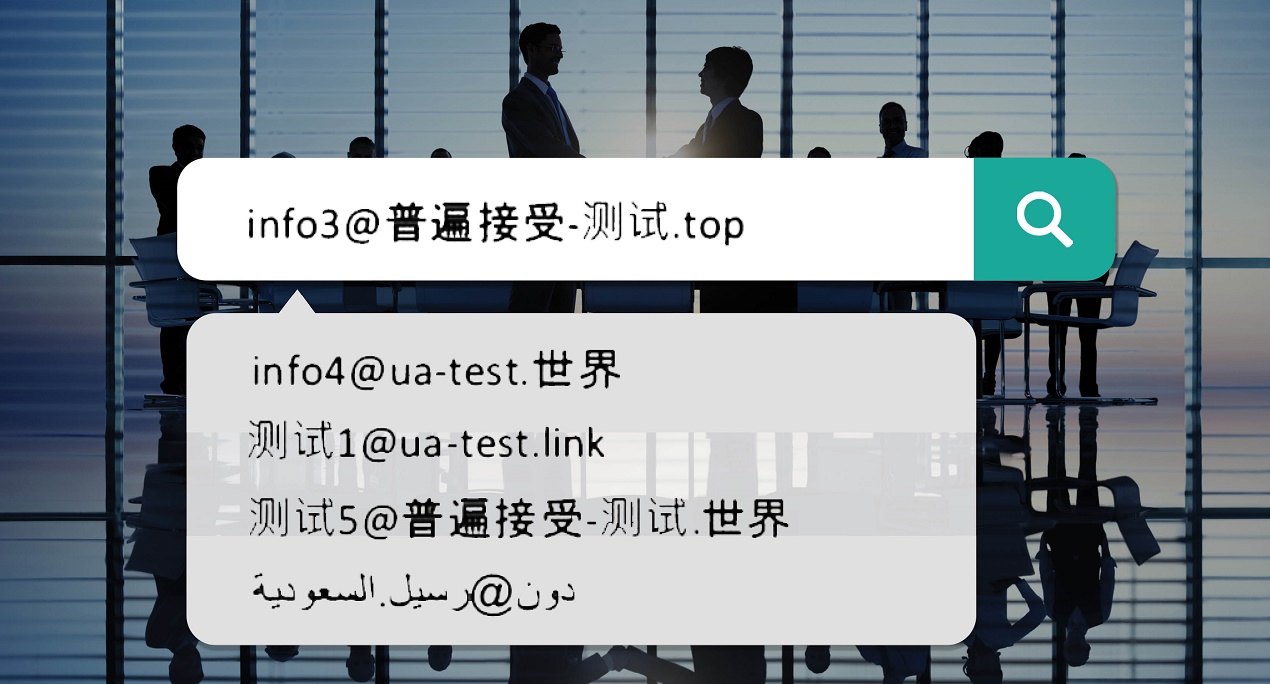
There are now more than 1,500 top-level domains (TLDs), the name that goes after the last one. (period), many of which are longer than the traditional two- and three-character names (for example .com, .edu, .br, .org, .br, .me, .it, .pe, .fr , etc.).
As Brazilian examples we can mention the new company domains, such as .itau (http://nic.itau) and .bradesco (http://banco.bradesco). In addition, many new domains have non-standard (non-ASCII) characters such as Chinese, Cyrillic, Arabic or Thai.
The expansion allows people to register the domain name that best represents their identity, their language, their country. While this expansion is critical to bringing the next billion people online and expanding the digital economy, incorporating these new domains into the global Internet is not a fully automatic, risk-free process.
CIOs, network administrators, application developers and others have an important role to play in ensuring that their applications are compatible with this new Internet infrastructure. This warning is general, all Western professionals, accustomed to the good old ASCII will have to prepare their systems for this very important change.
The problem is critical
If your application or device is like most, it still doesn't accept the new domain names, or, in other words, it's not yet ready for Universal Acceptance (in English, Universal Acceptance UA-ready). As a result, he is unable to accept, validate, store and process the new domains. This will certainly cause headaches for all organizations and will result in a bad experience for your visitors and even loss of users.
Resources exist at UASG
To address these issues and provide support, members and industry leaders like Apple, GoDaddy, Google, ICANN, Microsoft and Verisign have created the Universal Acceptance Steering Group UASG.
UASG exists to help organizations ensure that their systems are UA-ready and capable of accepting all new domain names and their email addresses, in any valid script.
ABES supports this initiative, which aims to extend and democratize domain names to countries that use non-Latin writing systems.
ABES is particularly concerned that the use of non-ASCII characters, but very similar to them, allows fraudsters to use them to create fake domain names, as recently happened with the fake domain www.airfrạnce.com where a dot with a dot underneath was used, used in the written language of Vietnam and which led to a fake AirFrance website.
UASG has developed useful guides and resources that are available at uasg.tech/documents.
We recommend reading the Universal Acceptance Quick Guide (UASG005), as well as the Introduction to Universal Acceptance (UASG007 in English), a comprehensive technical document on Universal Acceptance and the key issues that system developers and architects need to know.
Join the nauasg.tech/subscribe English mailing list so that we can all work together and fully incorporate these new domains for the benefit of the next generation of Internet users.
The list of TLD names (Top Level Domains) is available at http://data.iana.org/TLD/tlds-alpha-by-domain.txt.












